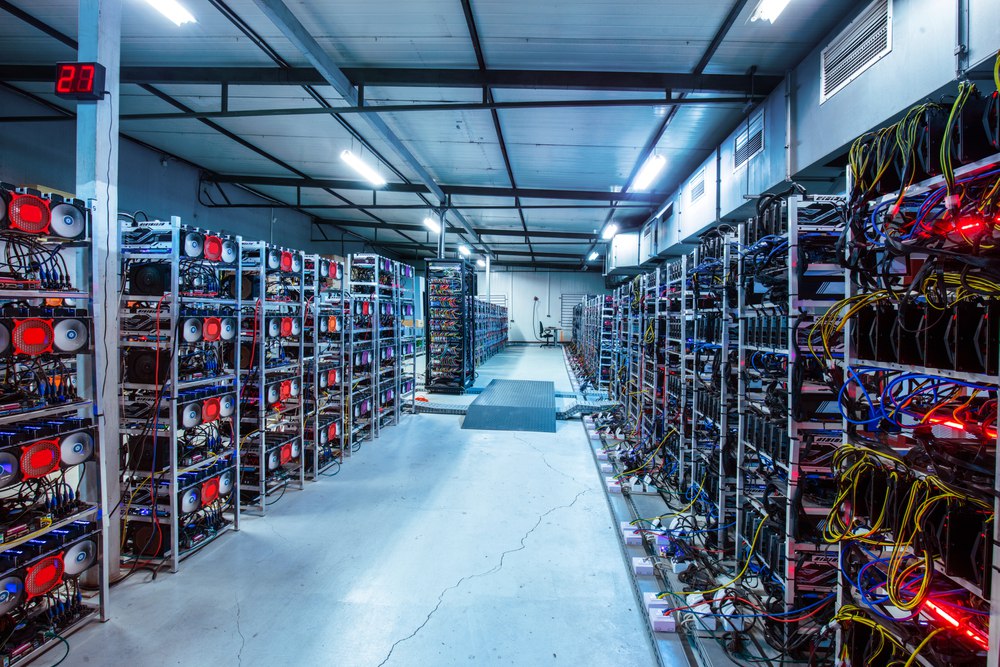The concept of Bitcoin’s resistance to censorship has been ongoing for quite some time, with the network advocates believing that the ecosystem is immune to external influence, especially from miners. However, despite the decentralization theory, the BTC developer has raised doubt over the claims stating that other individuals may likely control things.
Questioning The Censorship Resistance
In a Twitter thread, the Bitcoin developer Luke Dashjr revealed that he doubts the general claim that the network is censorship resistant. Posting his observation on his Twitter handle, Luke stated that Bitcoin’s censorship-resistant claim is not based on the hypothetical move that assumes miners would not be able to censor the network.
Instead, it is based on the assumption that as a decentralized platform, when a miner turns down a task, another can complete it. Breaking down his opinion, the developer stressed that his issue with the Bitcoin network is that miners can do as they wish.
For example, he stated that miners could not be pressured to complete a task or validate a transaction they were not interested in meeting. But he added that miners could decide what they wanted to do. According to him, this is where decentralization comes in, and based on his view, decentralization occurs when a miner chooses to work on a project that another has turned down.
Furthermore, Luke noted that a party could take on a project by mining it for themselves if another miner has dropped the task. However, he maintains that this can suddenly change if others cannot mine a transaction in the event of an attack.
Thus, Luke believes that Bitcoin can be censorship resistant if miners choose to validate a transaction. But if all miners ignore the task, then it can be said to be censored.
Censorship Resistance Relies On Decentralization – Luke
Despite claiming that censorship resistance relies on decentralization, the developer questioned why this applies to Bitcoin. He pointed out that the statement that Bitcoin mining is decentralized had already ended years ago.
Over the past few years, the discussion about the decentralization of the Bitcoin mining process has been a topic of debate by industry experts. Additionally, observers also asked questions about the miner concentration rate in the Bitcoin ecosystem.
According to previous reports, the early Bitcoin mining process has a high concentration because it consists of only 64 active players, including owners of mining platforms who were participants in the early BTC mining days. Over the years, the concentration has decreased, but it is still at a high level.
Recent data shows that only two mining pools control 50% of the total Bitcoin hash rate. The developer believed that the high concentration of Bitcoin mining led to the network losing its censorship resistance.
